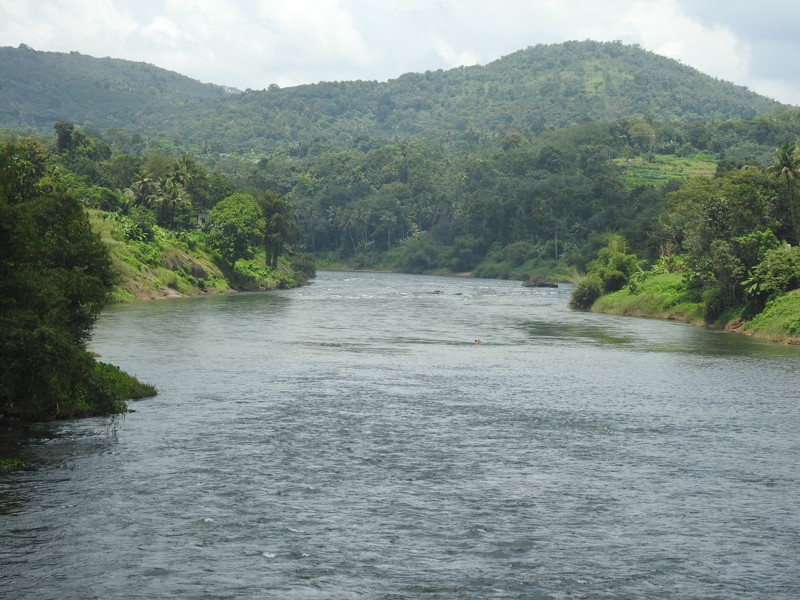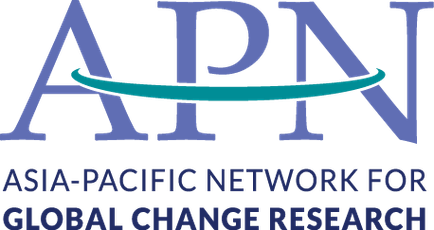Training to assess River Health and Restoration of Economically & Culturally important Rivers of India using Biological Indicators found in Kerala Streams, within the context of Climate Change Impacts & Sustainable Development
Why This Project?
The water resources of India drain from 19 major river basins. In case of almost all these river basins, the River Health deteriorates over time, whereas on the other side demand for fresh and potable water increases. There is ample time to act to revitalize the natural health of our rivers before the pinnacle point of destruction.
This project aims to organize an intensive training programme for the critical stakeholders covering the local community and river health managers in India.
Project Focus
The prime focus of this project is to train and empower the critical stakeholders in river management & restoration practices. The training is in the context of an acute shortage of well-trained individuals with good reflexes in rectifying the fluctuating health of the River and riverine resources.
The training is aimed at imparting science-based knowledge and skills to assess and monitor the comprehensive health of culturally and economically important rivers of India. The trainees also will be familiarized with innovative river management practices and the power of people’s participation in river health management.
The training group includes a cohort of stakeholders, scientists, local government, and representative community institutions.
Eminent veteran scientists in conjunction with native knowledgeable local leaders and professionals will lead the training sessions.

Project Focus
Methodology and implementation
At the outset of this project, we start retrieving all possible kinds of literature, sorting the same based on primary, secondary & tertiary data. Later on, as the work plan activities proceeds, we will shortlist the most relevant stakeholders & project partners who can productively contribute to this project. Subsequently, we will monitor the sensitive sites of this River, taking the excellent river source of Pampa as the control site and a few severely polluted sites as experimental sites. This approach will aid in comparatively analyzing the extent of health vulnerability. Based on the sample results & well-framed training manual, the trainees will get a clear view of comprehensive river health vulnerability assessment based on parameters like River ecology, Bioindicators, BOD, Turbidity, Flow regime, Riparian flora, Conservation of riverine resources, etc. and thus by inspiring the overall river health monitoring skills of the trainees.
We aim to train 40 participants from 29 states and seven union territories. There will be intense and broad-spectrum training for participants from Kerala, especially the elected representatives of the 36 local Panchayats where the Pampa river flows.
The training comprises 5-days intense theory and practical compiled sessions, with three days of dedicated lectures and discussions, and two days on- the ground experimental trials in river health assessment.
Participants will be taken for a field expedition trip to the ecologically sensitive Pampa River basin upland catchment zone, midland, and low lands of the Alappuzha-Kuttanadu regions during the practical training session.
At the end of the course, the participants will receive a dedicated “participant file” to mark their unique identity and their future endeavours in sustaining River health practices. Over time, this project to harvest many more “trained individuals” at different intervals, and they will be actively involved in river health management with sheer perseverance.
Project Funding Partner
Asia-Pacific Network for Global Change Research is an intergovernmental network of 22 countries working towards an Asia-Pacific region, with special emphasis on recent trends in global change and sustainable solutions.

